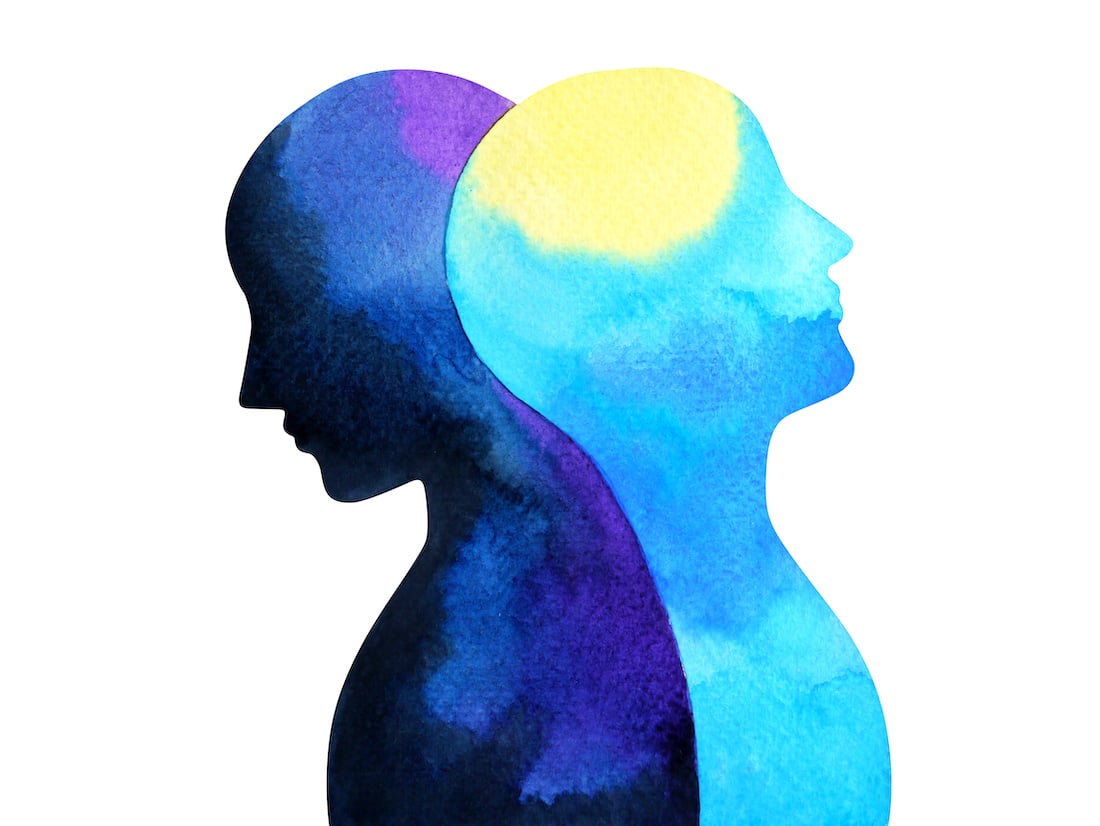Confidence is great, cockiness can get irritating, and then there are those extreme cases. Narcissistic Personality Disorder affects an estimated 6% of Americans at some point in their lives. This disorder is characterized by a larger-than-life ego, extravagant self-love, lack of compassion, and a need for praise and admiration. Individuals with this disorder can express great amounts of selfishness and self-absorption.
Individuals can be tested for narcissistic personality disorder at the age of 18. Common symptoms of narcissism include an extreme sense of self-importance, visions of great power and success, wanting to socialize only with others that share his/her grandiose views, and constantly seeking appreciation and glorification. Other symptoms and details can be found under Symptoms of Narcissistic Personality Disorder.
Today, there is no known cause for narcissistic personality disorder. Professionals have associated certain biological, social, and psychological factors with this disorder. By studying how individuals are able to manage physical or mental pressures from their environments, professionals are better able to hypothesize about possible causes. These pressures could include childhood issues from parents who may expect too much from their child, or push them beyond reasonable limits. Narcissistic personality disorder could also be triggered by a child’s scorn or oppression from their parents.
Certain methods of therapy have been successful in the treatment of narcissistic personality disorder. Cognitive behavioral therapy has helped counteract the negative mindset that could trigger narcissistic thoughts. It replaces these with positive, calming thoughts in hopes to stabilize the individual. Family therapy unites members to analyze problems or issues, methods of communication, and techniques to help manage interactions. Group therapy brings individuals together who share symptoms and disorders to vocalize their stresses with their condition. This option enables those suffering from narcissistic personality disorder to connect with one another and offer support.
Pasadena Villa’s Smoky Mountain Lodge is an adult intensive psychiatric residential treatment center for clients with serious mental illnesses. We also provide other individualized therapy programs, step-down residential programs, and less intensive mental health services, such as Community Residential Homes, Supportive Housing, Day Treatment Programs and Life Skills training. Pasadena Villa’s Outpatient Center in Raleigh, North Carolina offers partial hospitalization (PHP) and an intensive outpatient program (PHP). If you or someone you know may need mental health services, please complete our contact form or call us at 407-215-2519 for more information.
Sources:



